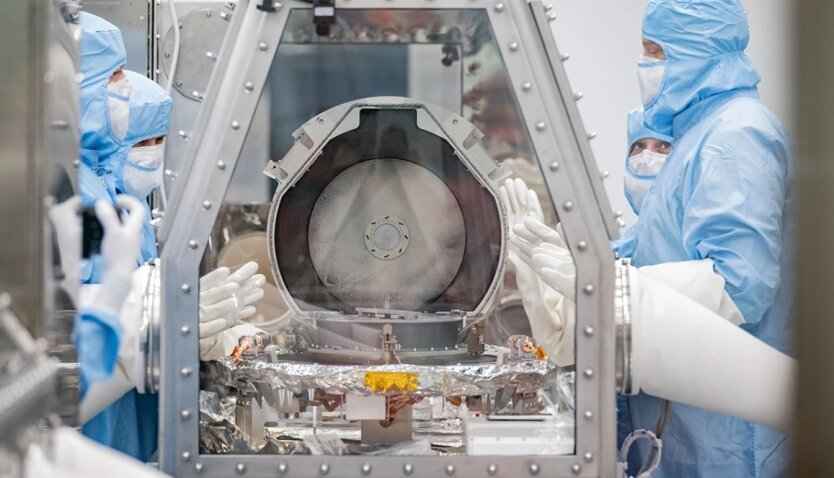Nature: Discovery on asteroid calls into question the theory of the origin of life.


Nasa astronomers report that fragments of the asteroid Bennu contain all the chemical elements necessary for the emergence of life. However, the samples from the asteroid differ from earthly organisms, which raises doubts about existing theories.
According to the study, the samples contain all 5 nucleobases of DNA and RNA, as well as 14 of the 20 amino acids found in proteins. But scientists were surprised that the amino acids in the asteroid samples have almost equal amounts of 'left-handed' and 'right-handed' forms, whereas on Earth, 'left-handed' forms prevail.
According to Daniel Glavin, co-author of the study and astrobiologist at Nasa, 'the significance of these results is that we found them in an unaltered sample.' The Bennu samples were studied in an ultra-clean laboratory in an inert gas, so they were not contaminated with earthly molecules.
Additionally, another study published in Nature indicates that the material from the asteroid is rich in salts that formed billions of years ago when water bodies on the asteroid evaporated. Although no signs of life have been found, such salty bodies of water may have created a favorable environment for the development of chemical processes that led to the emergence of life.
These discoveries were made possible by the OSIRIS-REx mission, which cost $1.2 billion. The spacecraft collected samples from the surface of Bennu and landed on Earth, where they were studied.
Read also
- The USA has transferred part of the weaponry from Ukraine to the Middle East
- The United Kingdom is deploying fighter jets to the Middle East
- Intelligence named the category of soldiers who are hardest to return from Russian captivity
- Dozens dead in Iran wounded in Israel: how far will the escalation go and who may intervene
- Syrskyi named 'number one goal' for Ukraine's defense
- Have the Russians entered Dnipropetrovsk region? Zelensky revealed data announced at the Headquarters










